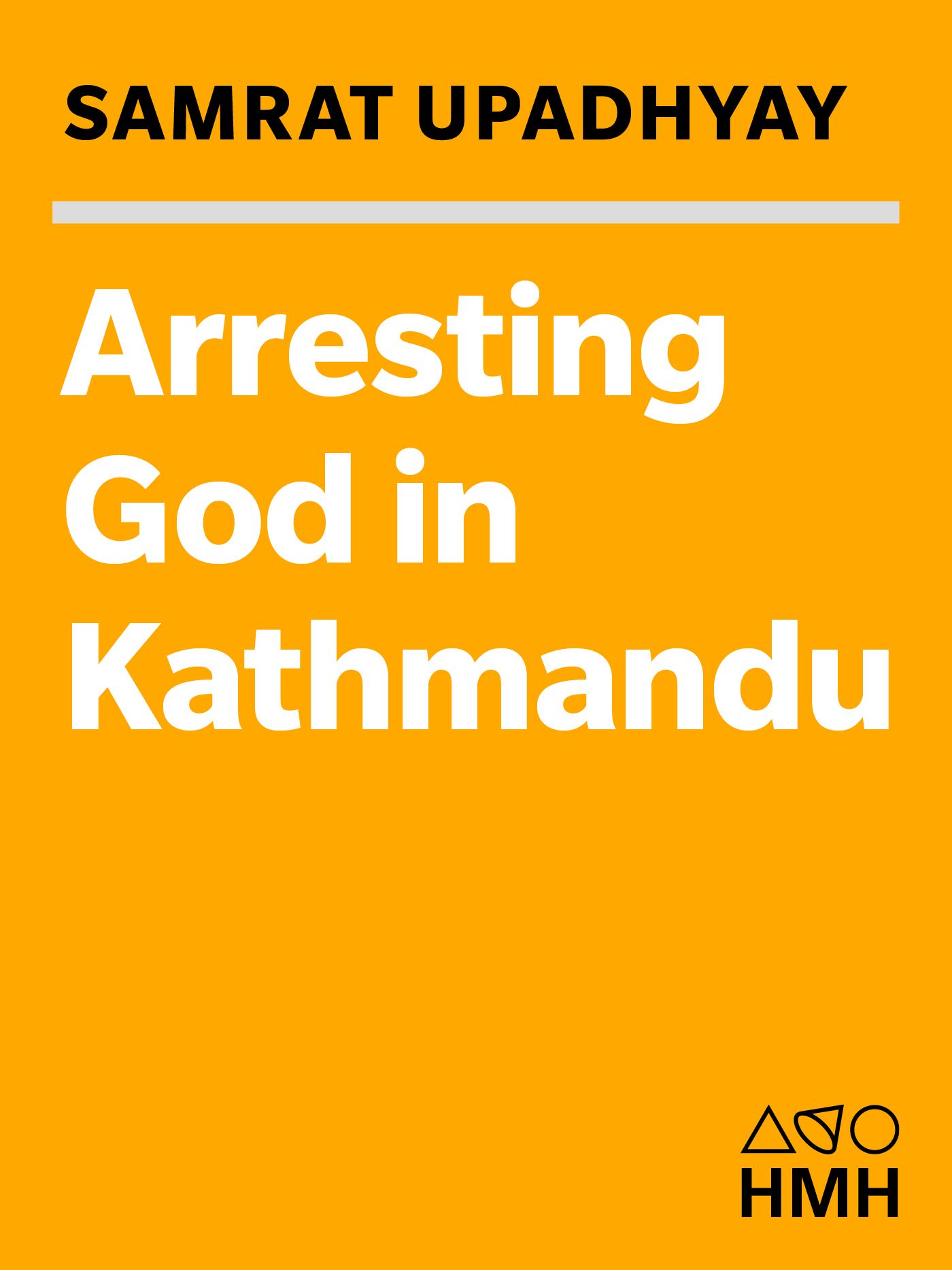
Arresting God in Kathmandu
Stories
کتاب های مرتبط
- اطلاعات
- نقد و بررسی
- دیدگاه کاربران
نقد و بررسی

July 30, 2001
Love and matrimony are as complicated in modern Nepal as anywhere else, as depicted in this debut collection of stories from one of the first Nepali authors writing in English to be published in the West. In only one of the nine stories does the focus waver from the tensions inherent in a class-conscious society where most marriages are still arranged, despite the fast-forward of globalization and a younger population used to traveling abroad or at least hearing about it. Parents such as the mother in "The Room Next Door" are angry and confused when their children are reluctant to conform. This mother is shamed when her college-age daughter becomes pregnant; the girl then marries the only man who might have her—an unemployed simpleton who has appeared on their doorstep. Young couples at a loss to articulate submerged desires find it difficult to communicate in times of stress. In "The Good Shopkeeper," an accountant who loses his job drifts away from his wife and into an affair with a servant girl; the dissolution of another man's marriage to an American woman gives way to an unusual rebound relationship in "Deepak Misra's Secretary." While all of the stories are set in Nepal, one, "This World," also dips into New Jersey and explores the ambivalence of a young woman deciding her future and, by extension, her identity. Those seeking the exoticism so often found in contemporary Indian fiction won't find it here—there are no lush descriptions or forays into spirituality. In an assured and subtle manner, Upadhyay anchors small yet potent epiphanies in a place called Kathmandu, and quietly calls it home. (Aug. 2)Forecast:This collection sports an enticing cover and will likely do better as an original paperback than it might have as a hardcover. A seven-city author tour will give Upadhyay some U.S. exposure.

July 1, 2001
Billed as the first Nepali author writing in English to be published in the West, Upadhyay brings to readers the flavor of Nepal and its culture in this impressive collection of nine short stories. Like Ha Jin's Bridegroom, Upadhyay's stories portray the lives of simple yet psychologically complex characters and reveal much about the universal human condition in us all. Many of the pieces contain themes centered around the cultural taboos relating to the roles of men and women, love, and fidelity and discuss other issues pertinent to Nepali life such as arranged marriages, the caste system, and the Hindu faith. "The Good Shopkeeper" and "Deepak Misra's Secretary" are examples of stories in which the characters, searching for acceptance and satisfaction in life, are found engaging in extramarital affairs. "This World" and "A Great Man's Homage" bring up issues dealing with the "freedoms" of expression allowed for women, both verbally and sexually. "Limping Bride" and "The Room Next Door" touch, respectively, upon cultural mores regarding matters such as alcoholism and children conceived out of wedlock. Upadhyay's stories leave the reader with much food for thought and will make a good choice for book discussion groups. Highly recommended for most public and academic libraries. Shirley N. Quan, Orange Cty. P.L., Santa Ana, CA
Copyright 2001 Library Journal, LLC Used with permission.

August 1, 2001
Upadhyay's polished, transfixing stories are set in his hometown of Kathmandu, and the particulars of that fabled city and Nepalese culture as a whole infuse each tale, even though it's really the universal inner realm and the mysterious state of marriage that he illuminates so marvelously. His heroes can't begin to fathom their wives' minds. An accountant loses a good job, and rather than talk reasonably to his patient, intelligent wife, he embarks on an affair with a servant. Another businessman, Deepak Misra, can't believe that his blond American wife, a painter, has left him for good. And Ganesh, a mama's boy, torments himself with the suspicion that his luscious wife has a lover. Upadhyay conjures up an aging manservant, a renowned poet, and an actor to reflect various aspects of life in Kathmandu, which he subtly portrays as a city in flux as foreigners with romantic notions take up residence, blithely ignorant of the suffering all around them and of the true nature of this mountain kingdom.(Reprinted with permission of Booklist, copyright 2001, American Library Association.)

























دیدگاه کاربران